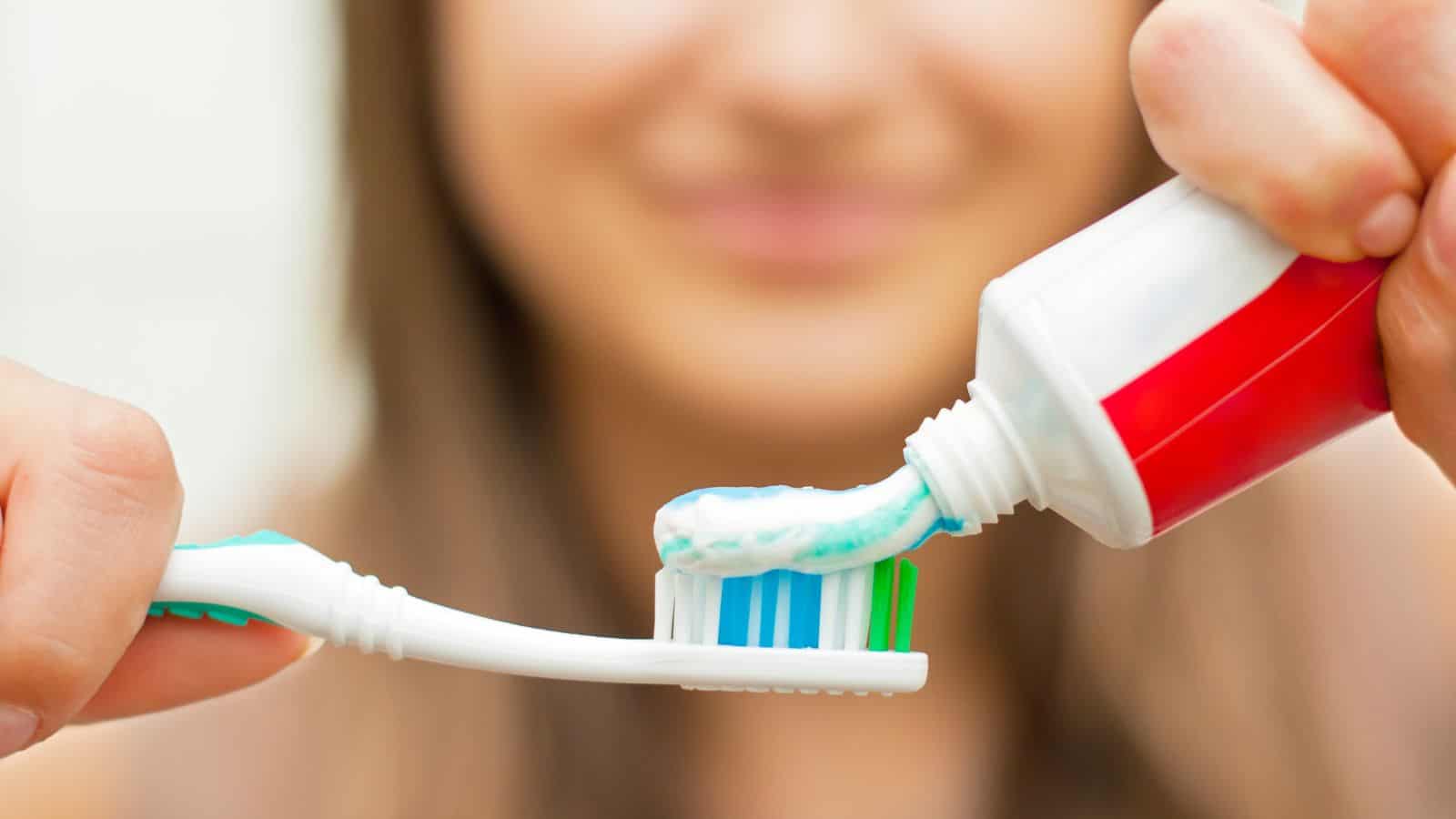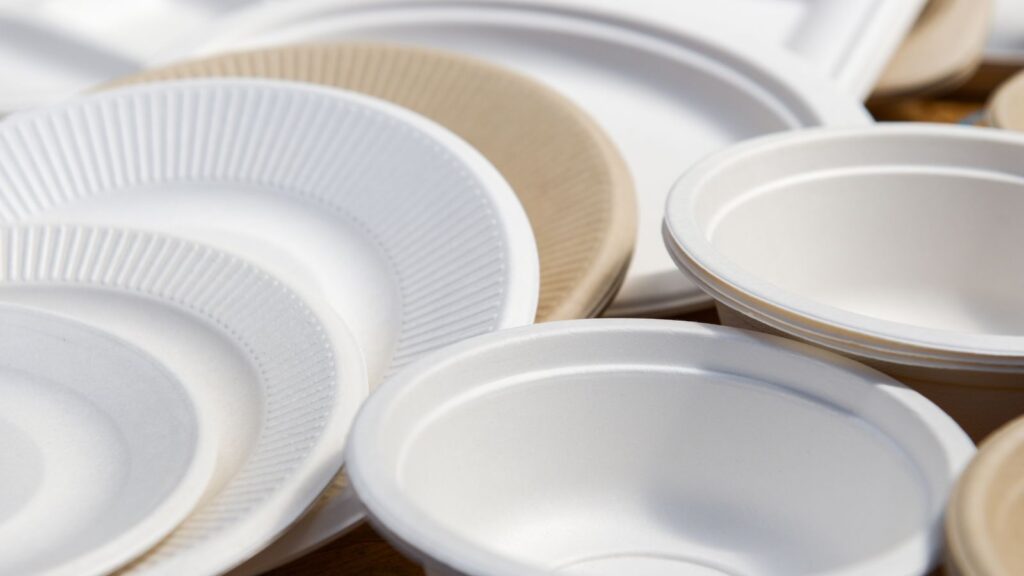Certain items that were once commonplace are now either relics of the past or rapidly heading toward obsolescence. Be it due to environmental concerns, rising costs, or health risks, these products no longer make sense to keep around. In this article, we explore why these 17 once-essential items are now on the chopping block.
Single-Use Plastic Water Bottles

Single-use plastic water bottles contribute significantly to ocean and land pollution. Research shows they can leach harmful chemicals into the water. “The brains of people with Alzheimer’s disease are riddled with plastic deposits. Anyone with brain fog or impaired thinking should take note,” shares The Healthy. On top of the environmental and health motivations, reusable bottles are a one-time purchase that saves money over time.
Styrofoam Containers

Styrofoam containers were once a mainstay as to-go options at restaurants but are now much more rare to see. Sea Going Green reports, “Styrofoam and plastics take thousands of years to break down slowly; they contaminate our life-giving soils and water, along with the bodies of animals too.” When heated, the chemicals in the styrofoam can contaminate our food, leading to health risks.
Plastic Toothbrushes

Bamboo toothbrushes are a great biodegradable alternative to ordinary plastic toothbrushes. Traditional toothbrushes contribute to plastic waste in landfills and oceans and are difficult to recycle due to mixed materials. Some electric toothbrushes have also come a long way in sustainability as well, according to Sustainable Review.
Disposable Coffee Cups

Billions of disposable coffee cups end up in landfills annually, and they are not biodegradable. When hot beverages are poured into them, they can release chemicals. Reusable coffee cups are widely available, and many cafés even offer discounts when you bring your own reusable cup.
Plastic Shopping Bags

People have been switching to reusable options for their shopping bags, such as cloth and other sustainable and eco-friendly options. Some of this is due to legislative actions banning plastic bags; to further urge consumers to use their own, shops are charging for any form of disposable bag.
Plastic Straws

The original paper straws were not the best alternative to plastic straws, as we watched them dissolve in our drinks. However, the risk to marine wildlife was motivating enough to keep up the progress of getting rid of plastic straws. Metal, glass, and bamboo straws are reusable, sustainable, and inexpensive alternatives.
Disposable Batteries

Disposable batteries contain materials made from non-renewable resources and toxic chemicals that can leak into the ground when improperly disposed of. Rechargeable batteries and items that can be charged without additional batteries are more cost-effective and environmentally friendly in the long run.
Pre-Packaged Produce

Buying pre-packaged produce is out, as it not only contributes to unnecessary plastic waste but is often much more expensive than buying the item and cutting it yourself. You also lose quality when the produce is packaged because the lack of air circulation can cause spoilage. There is also a risk of unsafe handling, leading to cross-contamination with items you may be allergic to or even bacteria.
Disposable Razors

Disposable razors may seem like a good idea when you are on a budget, but over time, the cost adds up significantly over investing in a reusable razor. Disposable razors also run the risk of more cuts and possible infections from dull blades. Additionally, they contribute significantly to plastic and metal waste each year.
Paper Towels

With deforestation, we are becoming a lot more aware of our paper use than the generations before us. Once used, a paper towel is no longer recyclable, meaning it will contribute to landfill accumulation instead of being a renewable resource. Instead, people are using reusable cloths and sponges, which are more eco-friendly and cost-effective.
Incandescent Light Bulbs

LED bulbs have replaced most incandescent light bulbs because of their energy efficiency. Incandescent bulbs generate more heat, creating higher cooling costs and a higher risk of burns if they are accidentally touched. They also need to be replaced more often than their LED competitors.
Disposable Diapers

Diapers are one of the dreaded costs of having a baby. On top of being expensive, disposable diapers take up a significant amount of space in landfills and require exorbitant amounts of water and resources to produce. Cloth diapers may cost more upfront, but they will save money and the environment in the long run.
Plastic Cutlery

Plastic cutlery may seem like a nice alternative to washing dishes, but unfortunately, they cannot be recycled once they are contaminated with food, meaning you would have to wash them to recycle them. In that case, metal or bamboo options are sustainable and durable, making the wash time worth the impact you make on helping save the environment.
Conventional Cleaning Products

People are opting for cleaner cleaning supplies in their daily lives, looking for natural products that are plant-based instead of heavy on dangerous chemicals. Some of this is due to the harm the chemicals have on the environment, but also because of the revelations on the issues they can cause to our health.
Disposable Makeup Wipes

Disposable makeup wipes had their appeal when we were packing for trips, but the chemicals in the wipes can be harsh on the skin while not fully removing everything, and then they end up in a landfill. Using a washcloth and a facial cleanser, or even specially designed cloth makeup erasers, is much more eco-friendly and kind to your skin.
Single-Use Plastic Plates

Plastic plates should go away with their plastic cutlery counterparts. While ceramic and glass are the best options for sustainability and durability, many biodegradable single-use options are available when ceramic and glass won’t work for your needs.
K-Cups and Single-Use Coffee Pods

Single-use coffee pods took over the coffee scene for a time because of their convenience. Now people are cutting them back out because of the amount of plastic waste going to landfills with every cup of Joe. Traditional brewing methods such as a coffee pot, French press, or pour-over coffee are more cost-effective and also reduce the amount of waste we create getting our caffeine fix.







